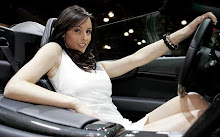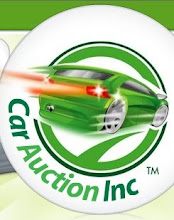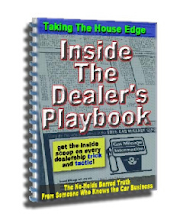by THE CAR LOAN KING

It seems that every where you turn, the price of gas keeps on rising. Buying and owning a car is certainly a drain on your budget.
Here are some very useful and effective ways that you can save money and achieve better gas mileage.
•A very key element in keeping gas costs at a minimum is to have your vehicle properly maintained for top efficiency. Keeping your brake pads in top shape, as well as spark plugs, and having your oil changed according to schedule will ensure that your gas costs are low and also benefit the environment.
•The most common and most often forgotten way to save gas if to make sure that your tired are properly inflated. Simply, tire pressure is critical in how much gas your car uses. If your tires aren’t fully inflated it causes rolling resistance, this resistance causes your car to drag and waste gas. Keeping your tires around the normal 35 psi will cut your gas costs. Keeping your tires at this recommended pressure will also make your car glide further, so all you heavy footed fast drivers can now take your foot off the pedal!
•Avoid spontaneous pedal acceleration. Try to maintain a steady hold on the gas and when in need of a fast acceleration, try do so steady and evenly. Obviously, when your foot is off the gas, the less gas will be used.
•There is a speed limit for a reason. This is mainly to maintain overall safety; however, if you drive at or around the speed limit, you will waste less gas than if you are driving faster.
•Put your car into neutral when driving down a hill. If it's a steep downgrade leave it in gear and coast that way. The transmission will help slow you down a little on steep downgrades, but in any event try to keep your foot out of the gas for as long as you can.

It seems that every where you turn, the price of gas keeps on rising. Buying and owning a car is certainly a drain on your budget.
Here are some very useful and effective ways that you can save money and achieve better gas mileage.
•A very key element in keeping gas costs at a minimum is to have your vehicle properly maintained for top efficiency. Keeping your brake pads in top shape, as well as spark plugs, and having your oil changed according to schedule will ensure that your gas costs are low and also benefit the environment.
•The most common and most often forgotten way to save gas if to make sure that your tired are properly inflated. Simply, tire pressure is critical in how much gas your car uses. If your tires aren’t fully inflated it causes rolling resistance, this resistance causes your car to drag and waste gas. Keeping your tires around the normal 35 psi will cut your gas costs. Keeping your tires at this recommended pressure will also make your car glide further, so all you heavy footed fast drivers can now take your foot off the pedal!
•Avoid spontaneous pedal acceleration. Try to maintain a steady hold on the gas and when in need of a fast acceleration, try do so steady and evenly. Obviously, when your foot is off the gas, the less gas will be used.
•There is a speed limit for a reason. This is mainly to maintain overall safety; however, if you drive at or around the speed limit, you will waste less gas than if you are driving faster.
•Put your car into neutral when driving down a hill. If it's a steep downgrade leave it in gear and coast that way. The transmission will help slow you down a little on steep downgrades, but in any event try to keep your foot out of the gas for as long as you can.





























